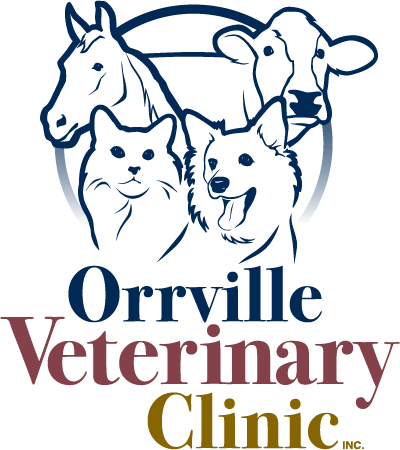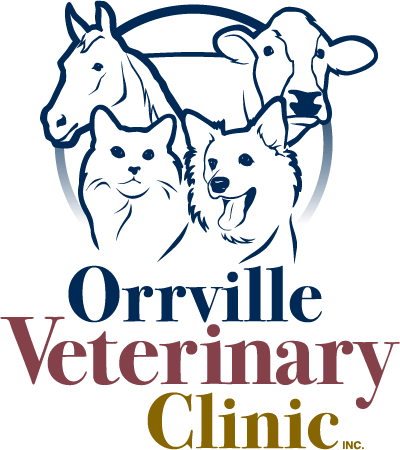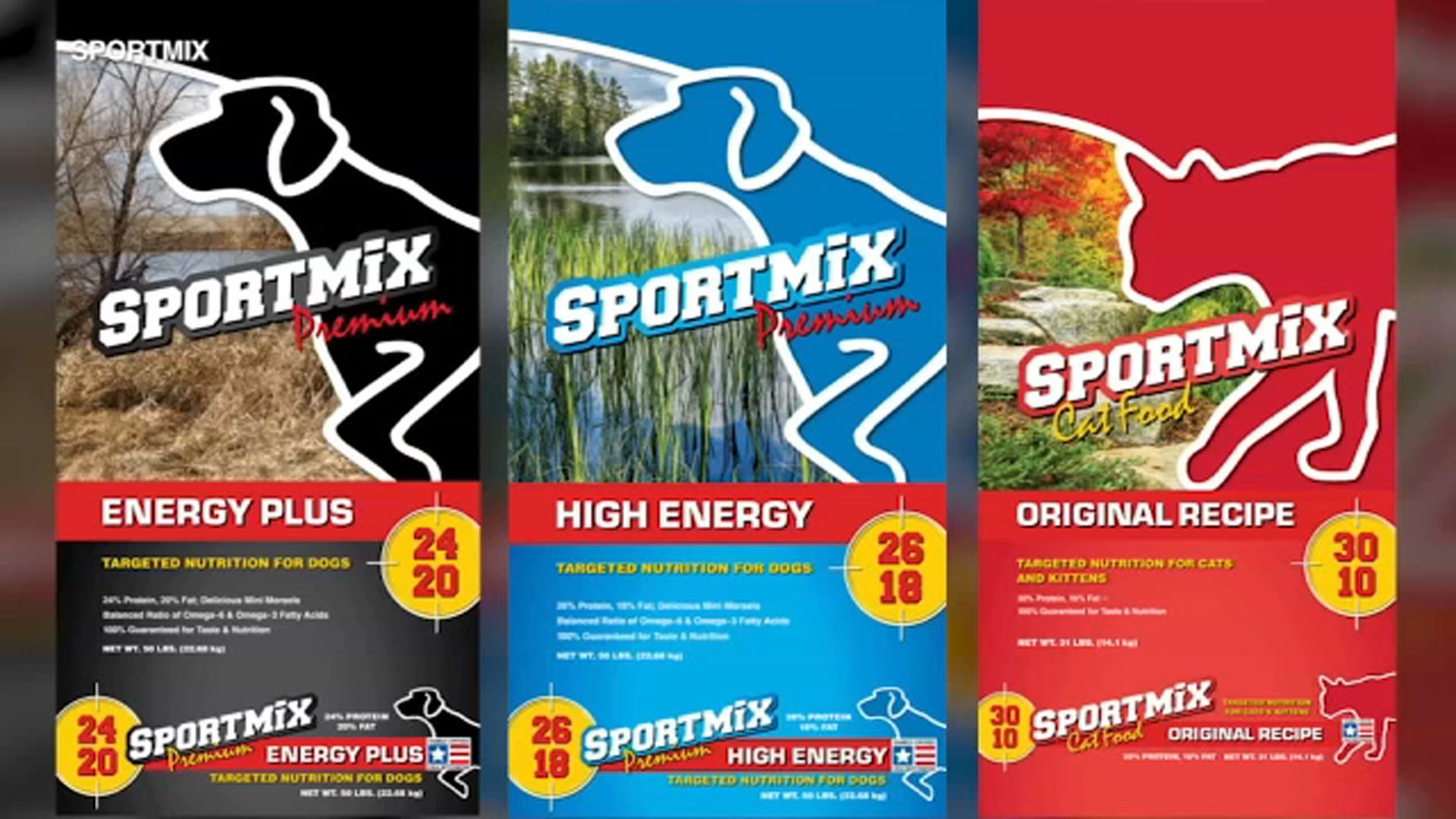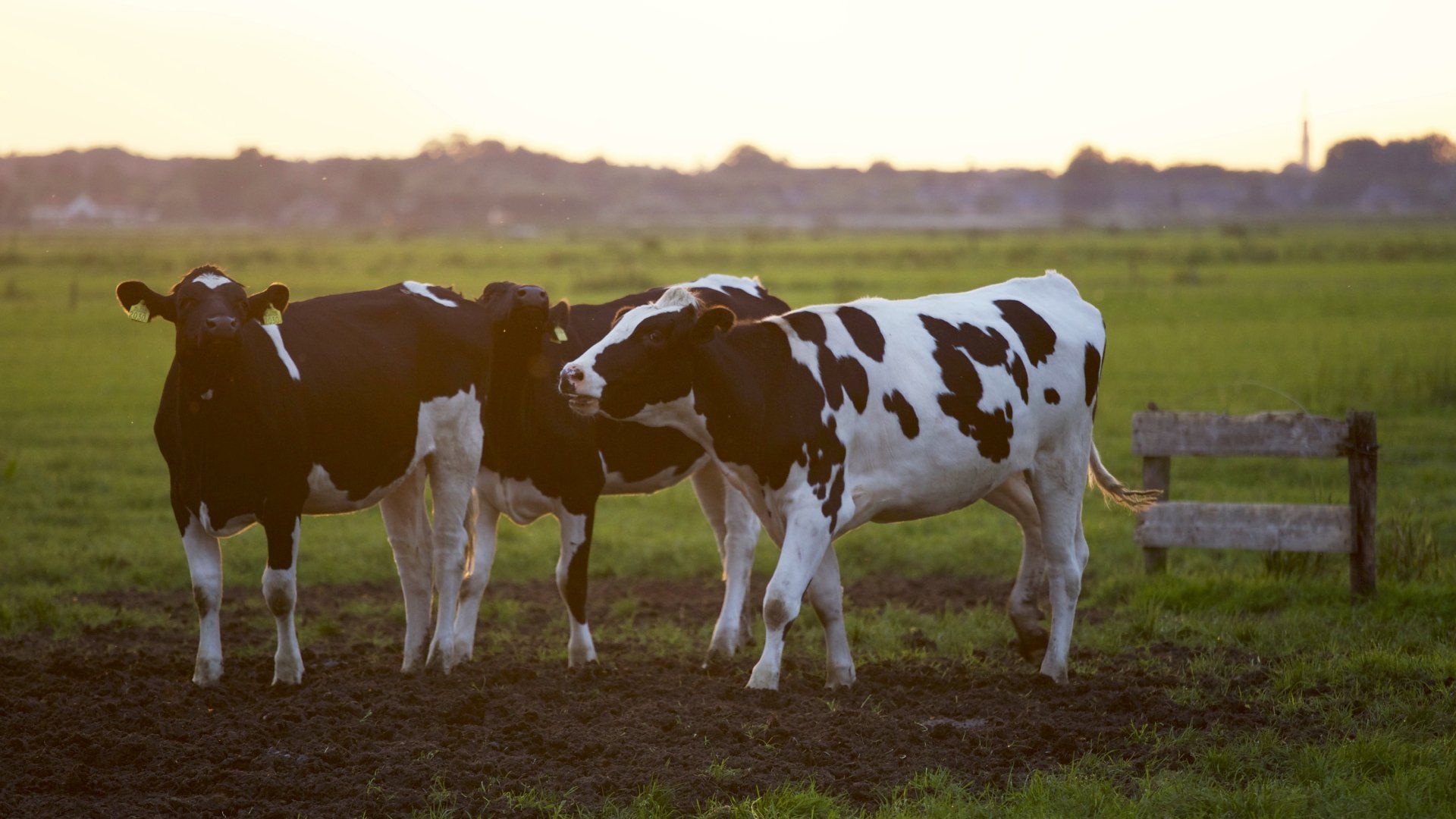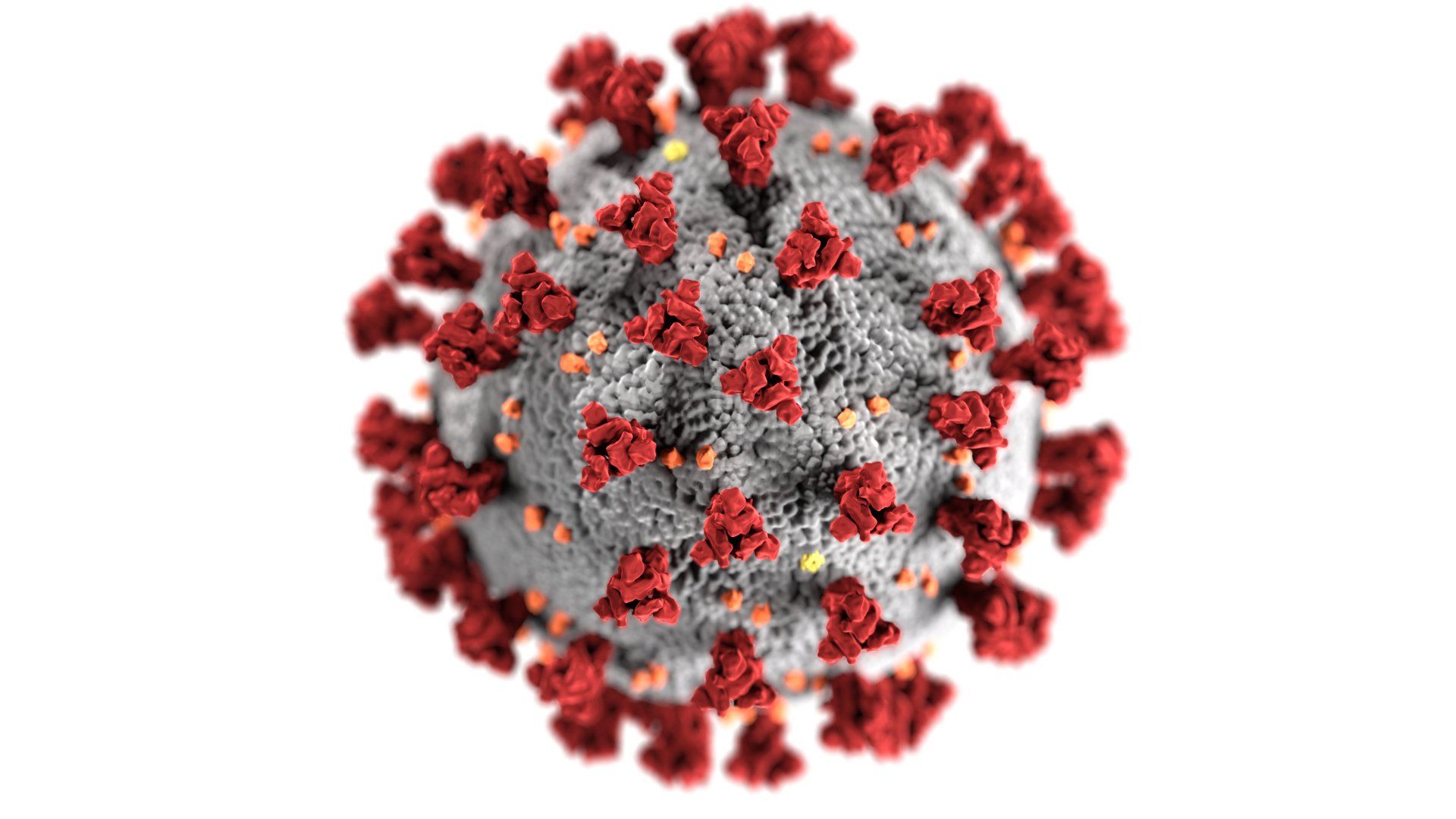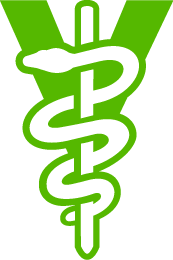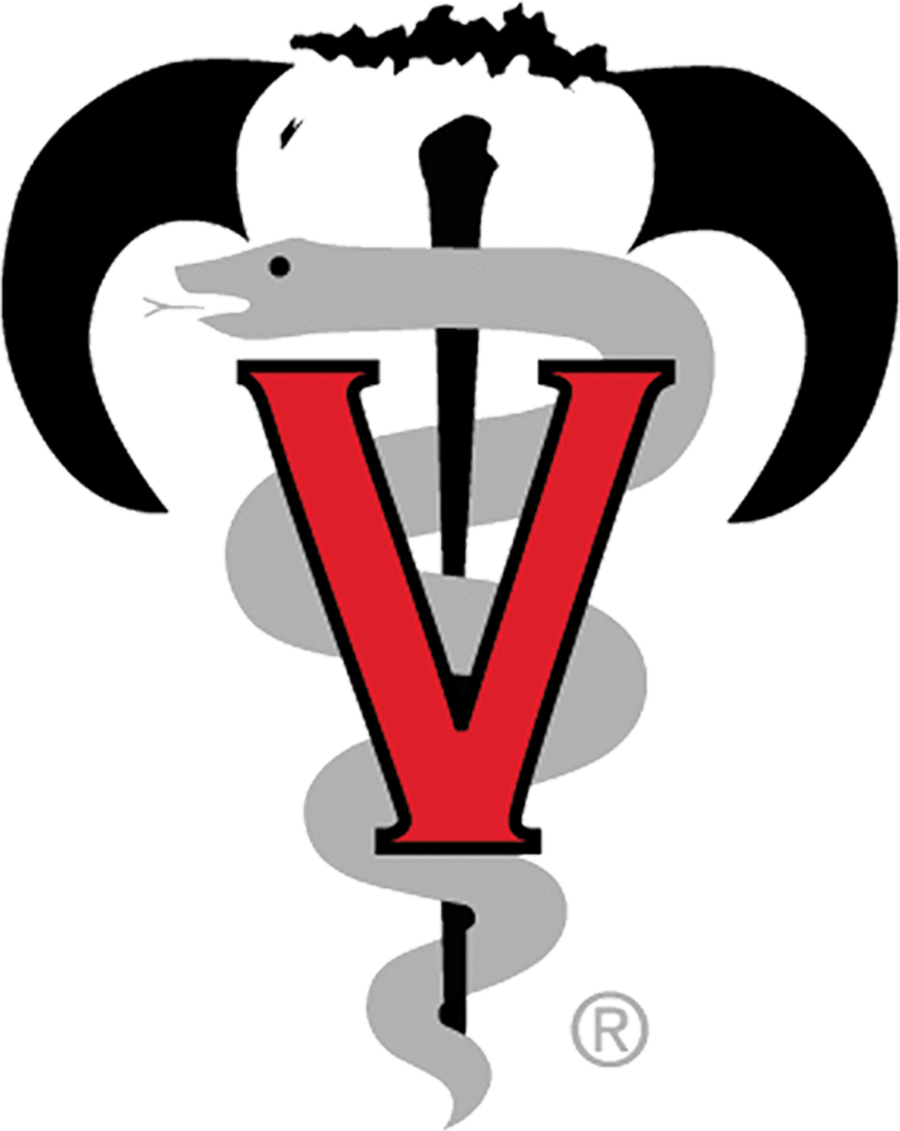More Common Cents
More Common Cents
By Mel Wenger D.V.M.
This article is adapted from an article written by Dr. Wenger for Dairy Herd Managemnet Magazine
Following my previous article , I learned that I could do a better job of reinforcing some common sense practices. After reading my article, one producer told me I had never shared some of those things with him. I was reminded that even though things seem so common, they aren’t always put into practice. It is easy for us to forget the significant investment that raising a heifer can be. Not unlike any other monetary investment, the more you put into your investment and the more you care for it the greater the return. This brings to mind more common sense management practices as the heifer calf moves from the maternity pen through the next stage of life.
Previously I shared about the management of the newborn calf. The care that the newborn calf receives in its first few hours of life is crucial for its survival. The care this young calf receives in its first two months of its life is also crucial for its survival in the future milking herd. This period of care is the most labor intensive and, often times, not given the amount of attention that is needed. It is a good management practice to give this task to a dedicated person who knows their calves and recognizes minor changes in each individual calf. As a veterinarian, I am often asked how we diagnose problems when the animals cannot tell us what is wrong. My answer is that animals do tell us, just not by speaking to us. By having a person dedicated to being around the calf and understanding their temperament, slight changes can be detected before they become a problem.
Keeping the calf clean and dry in a well ventilated hutch or pen will prevent many health problems. If you are unwilling to kneel down on your knees in the area the calf is sleeping then it is not clean and dry. While down at the calf’s level, check out the air the calf is breathing. There should be enough air exchanges at that level that no unpleasant odors are detected. I realize it is impossible to always be this clean and dry, but the majority of the time this should be the case. Most viruses, bacteria and parasites require moisture to proliferate. Air that contains high humidity and high ammonia levels will lead to respiratory failures. Many diseases, and subsequent treatments, will be prevented with this common sense practice. Making sure the calf is resting in an environment that you would rest in is ideal for the calf.
The calf should double its weight in the first 60 days of life. Weight tapes can be used to give an estimate of a calf’s weight. The most common reason I see for a calf not gaining enough weight is a combination of a lack of feeding enough milk/ milk replacer and not providing fresh water to encourage more calf starter consumption. Over the past several years, with the new recommendations of feeding higher protein milk replacers and feeding more volume; calf health has increased tremendously. Increasing the amount fed to the calf, feeding the calf three times a day, or utilizing a self feeder has made the biggest positive change in the health of the calf. A healthy, robust calf does not suffer from pneumonia, scours, parasites, or lack of appetite.
Fresh water availability is necessary for grain consumption, which is necessary for continued growth after weaning. Continued growth after weaning is necessary for increased first lactation milk production. A common misconception is that the calf gets enough water in its milk replacer alone. The only way the calf will double its weight and continue growth through weaning is by eating 5 pounds of grain/day by the time of weaning. Fresh water is crucial for this to happen.
Calf survival is one positive change that I have observed over the years. In the past, we were always trying to find the magic scours or pneumonia treatment for calves. I am now convinced that by following these few common sense practices you will no longer need many of these expensive treatments. The next time, before reaching for that bottle of medicine, look over the calves and be sure they have been provided a clean, dry, well ventilated place to rest, given plenty of feed, and that fresh water is always available. I still receive numerous requests for that magic treatment from a bottle. Almost every time it is one or several of these simple management practices that are missing.
If you need to use injections prior to the pre-weaning stage of life check with your herd veterinarian to review your calf raising environment and feeding practices. A calf that weans at 60 days of age and double it's original weight, is destined to lead a productive life in the milking herd.
FOR DR. WENGER'S PREVIOUS COMMON SENSE ARTICLE, CLICK HERE
Article by Melvin D. Wenger D.V.M.
Adapted, Edited and Published by Dr. Jeff Fink

